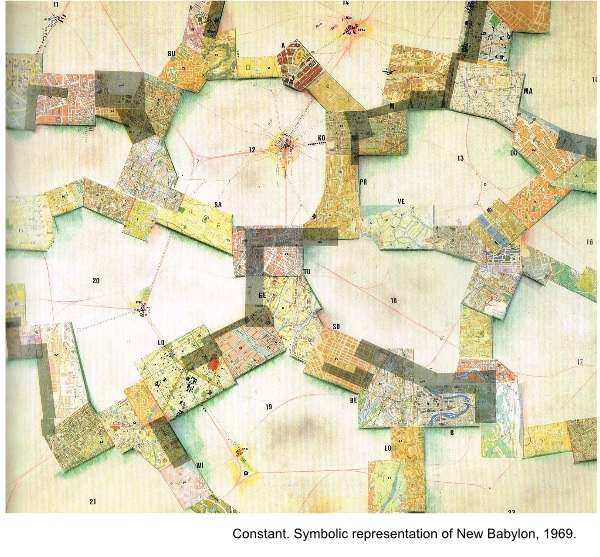New Images of the Globalized World Crossed by Artificial Intelligence
DOI:
https://doi.org/10.1344/regac2023.9.44225Palabras clave:
artificial intelligence, global south, , algorithmic biases, data privacy, , transparency.Resumen
Artificial intelligence (AI) is transforming how images and content are produced and consumed in the globalized world. However, this transformation is not happening equitably, and the "global south" is at a disadvantage compared to the "global north." This article analyzes some of the issues related to AI, the rapid integration process in different areas (academic and non-academic), and the challenges it entails in a seemingly globalized world.
AI is increasingly being used to generate images in various fields, such as advertising, cinema, science, and medicine. While this has given rise to new forms of representation and visualization, it has also intensified the gap between those who have access to technology and those who do not. In many parts of the world, especially in the global south, there is a significant digital divide, meaning that many people lack access to the necessary technology to use AI. This perpetuates the hegemony of the global north and leaves the global south in a subordinate position.
Moreover, AI is transforming the way images are consumed in the globalized world. Social media platforms, for example, use AI algorithms to select and display images to users, which influences how people perceive the world around them. However, these algorithms are often designed to meet the interests of users from countries in the global north, meaning that the images shown to users in the global south may not reflect their reality.
Another important challenge is the lack of transparency in the content generation processes by AI. The lack of transparency means that it is not known exactly how much content is being generated, which can lead to the introduction of biases in the algorithms and the selection of data to which each person has access. These biases can have serious consequences for society, especially in terms of discrimination and inequality.
Data privacy and security are also major challenges in the use of AI to generate and select content. Personal data of users are used by AI algorithms to select and customize what is made available, raising ethical and legal issues about data privacy.
To address these challenges, it is crucial to ensure equitable access to AI technology and reduce the digital divide between the global north and south. Additionally, more transparency is needed in the content generation processes of AI algorithms to prevent biases and ensure that the content produced is fair and representative. Finally, there must be more robust data privacy and security regulations to protect users' data and ensure that it is not misused.

Descargas
Publicado
Número
Sección
Licencia
Los/las autores/as que publican en esta revista están de acuerdo con los términos siguientes:
- Los/las autores/as conservan los derechos de autoría y otorgan a la revista el derecho de primera publicación de la obra, que se difundirá con la licencia de reconocimiento de Creative Commons que permite compartir la obra con terceros/as, siempre que estos/as reconozcan su autoría, su publicación inicial en esta revista y las condiciones de la licencia.
- Los/las autores/as son libres de establecer acuerdos contractuales adicionales independientes para la distribución no exclusiva de la versión de la obra publicada en la revista (como por ejemplo su publicación en un repositorio institucional o en un libro), siempre que se reconozca su publicación inicial en esta revista.
- Se anima a los/las autores/as a publicar su obra en línea (en repositorios institucionales o en su página web, por ejemplo) antes y durante el proceso de remisión, con el objetivo de conseguir intercambios productivos y hacer que la obra obtenga más citas (véase The Effect of Open Access, en inglés).


